
Poland does not legally recognize same-sex unions, either in the form of marriage or civil unions. In 2012, the Supreme Court ruled that same-sex couples have limited legal rights in regards to the tenancy of a shared household. A few laws also guarantee certain limited rights for unmarried couples, including couples of the same sex. Same-sex spouses also have access to residency rights under EU law.
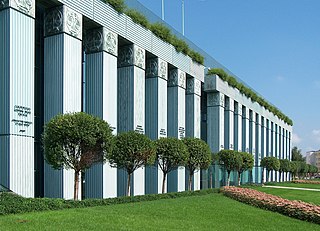
The Supreme Court is the highest court in the Republic of Poland. It is located in the Krasiński Square, Warsaw.
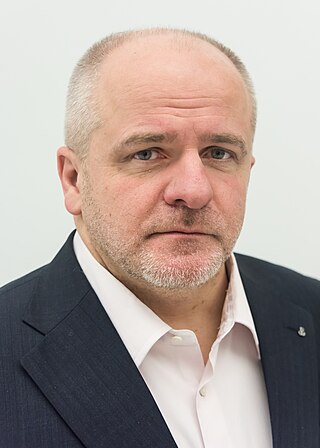
Paweł Robert Kowal is a Polish politician and former Member of the European Parliament. During his time in the EP, he served as the Chairman of the EU-Ukraine Parliamentary Cooperation Committee in the European Parliament.

Waldemar Jan Dubaniowski is a Polish government official and diplomat; he served as an ambassador of Poland to Thailand, Laos, Cambodia, and Myanmar (2017–2023) and to Singapore (2009–2013); as a member of the National Broadcasting Council; a Chief of the Cabinet of the President of Poland and Secretary of State in the Chancellery of the President of the Republic of Poland.
The judiciary of Poland are the authorities exercising the judicial power of the Polish state on the basis of Chapter 8 of the Constitution of Poland. As in almost all countries of continental Europe, the Polish judiciary operates within the framework of civil law.
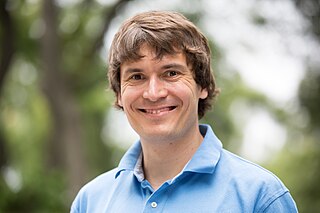
Dariusz Jemielniak is a professor of management at Kozminski University, faculty associate at the Berkman Klein Center for Internet & Society at Harvard University, and vice-president of Polish Academy of Sciences.

CopyCamp is an international conference devoted to copyright, organized in Warsaw by the Modern Poland Foundation. Representatives of cultural institutions, the media, creative sectors, academic, legal, political and non-governmental circles gather annually to discuss the influence of copyright on the circulation of cultural goods and social changes taking place all over the world.
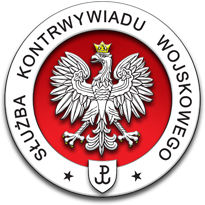
The Military Counterintelligence Service is one of the principal intelligence agencies of Poland. It is responsible for the protection of Poland against internal threats and for the combat capability of the Polish Armed Forces.

Halina Weronika Wasilewska-Trenkner was a Polish economist, academic, and finance minister.

Rafał Kazimierz Trzaskowski is a Polish politician and the current city mayor of Warsaw. He is also a political scientist specializing in European studies.

Wiesław Karol Tarka is a Polish diplomat, Poland Ambassador to Croatia (2008–2012) and Sweden (2014–2018).

Piotr Andrzej Opaliński is a Polish diplomat, serving as an ambassador to Pakistan (2015–2021).
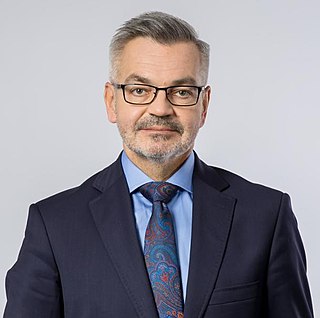
Krzysztof Adam Krajewski is a Polish diplomat; ambassador to Azerbaijan (2005–2010), Bulgaria (2014–2018), and Russia.

Piotr Antoni Świtalski is a Polish diplomat; permanent representative of Poland to the Council of Europe (2005–2010) and ambassador of the European Union to Armenia (2015–2019).

Borys Piotr Budka is a Polish politician, member of Sejm of the 7th, 8th and 9th legislature, Minister of Justice in 2015, vice-president of the Civic Platform political party in the 2016–2020 period, leader of the parliamentary political group of Civic Coalition since 2019, leader of the Civic Platform from 2020 to 2021.

Rafał Poborski is a Polish diplomat who serves as an ambassador of Poland to Azerbaijan since January 2020.

Krzysztof Kamil Gawkowski is a Polish politician and writer, who has been serving as a Deputy Prime Minister of Poland and Minister of Digital Affairs since December 2023.

Ewa Łętowska is a Polish lawyer, a specialist in civil law and professor of legal science. Since 1985, she has worked at the Institute of Law of the Polish Academy of Sciences and since 1997, she has been a member of the Polish Academy of Arts and Sciences. In 1988, she became the first person to be appointed the Ombudsman for Citizen Rights in Poland. Between 1999 and 2002, she served as a judge at the Supreme Administrative Court of Poland and between 2002 and 2011 as a judge of the Polish Constitutional Tribunal.
In Poland, the common courts, according to article 177 of the Constitution, are the courts of general jurisdiction, i.e. they rule on all cases in which the jurisdiction has not been explicitly transferred to other courts. This includes a broad range of cases, including civil, criminal, labour, economic and insurance law. The other types of courts recognised in Poland are administrative courts and military courts. The territorial jurisdiction of these courts and their creation is regulated by the minister of justice.

Marcin Bartosz Porzucek is a Polish politician and local government official, serving as a member of the Polish Parliament (Sejm) in the VIII, IX, and X terms.


















